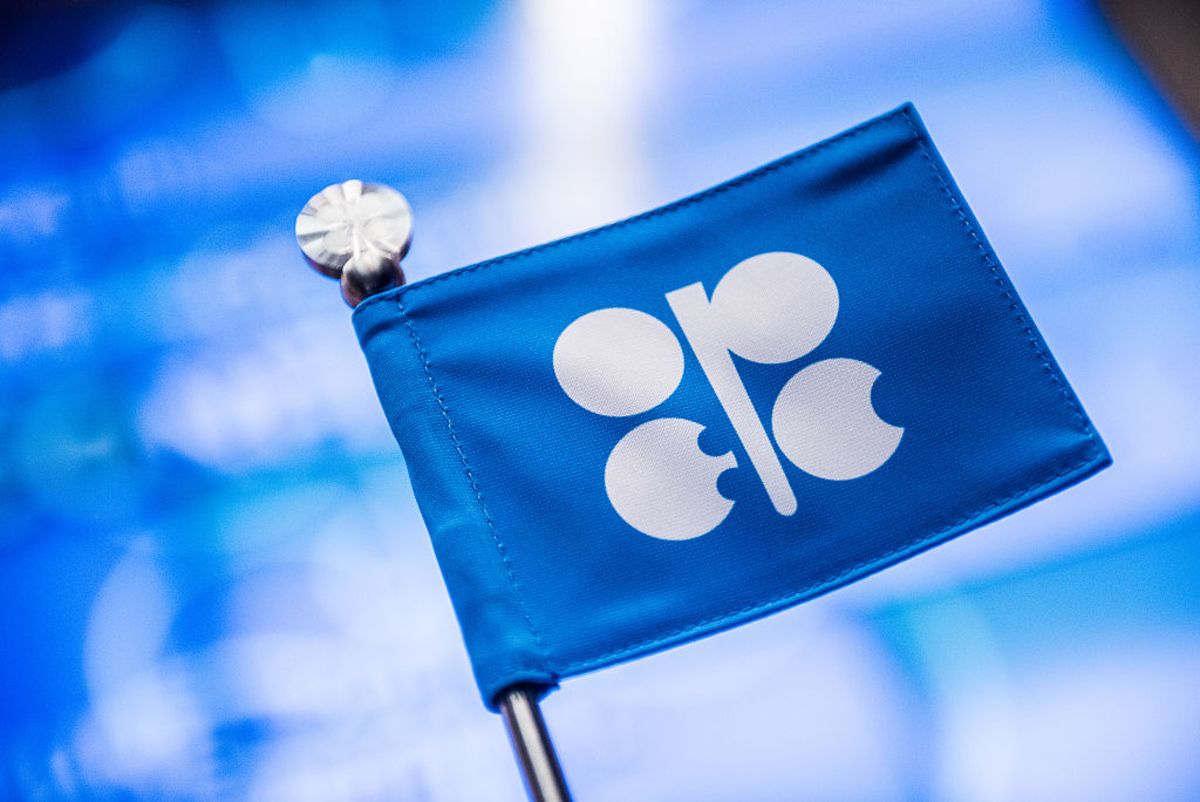Urquhart Stewart tells New Europe that Russia could pull out of the latest agreement on cutting output, which would weaken oil prices.
Supply cuts led by the Organization of Petroleum Exporting Countries (OPEC), US sanctions against Iran and Venezuela and the possibility of a US-China trade agreement fuelled oil prices on 29 March.
May Brent crude oil futures were up 83 cents at $68.65 a barrel by 1232 GMT, set for a gain of nearly 28% in the first quarter, Reuters reported, adding that the more active June contract was up 89 cents at $67.99 a barrel. US West Texas Intermediate (WTI) futures were at $60.44 per barrel, up 1.14 cents, and on track for a rise of more than 33% over the January-March period. For the two futures contracts, January-March 2019 is the best-performing quarter since the second quarter of 2009, when both gained about 40%, according to the news agency.
Justin Urquhart Stewart, director at Seven Investment Management in London, told New Europe by phone on 29 March that oil production cuts from OPEC and non-OPEC group of producers led by Russia have been one of the reasons for the increased oil prices. But he warned that the global economy is slowing, leading to a lower demand for oil.
“We have what looks like a global slowdown. Demand is likely to weaken and Saudi cut production will have an impact. Venezuela one has been carrying on and on there is nothing new there. But I think the bigger picture is really if we get a decision on the Chinese-American trade issues. They’re indirectly linked but the mere agreement on that, you will see that reflected in the oil price as well soon after because for the increased demand for power,” Urquhart Stewart said.
OPEC and other non-OPEC producers led by Russia – an alliance known as OPEC+ – agreed in December to reduce oil supply by 1.2 million barrels per day from 1 January 1 for six months. But, according to Reuters, Riyadh is having a hard time convincing Russia to stay much longer in an OPEC-led pact cutting oil supply, and Moscow may agree only to a three-month extension. Russian Energy Minister Alexander Novak told his Saudi counterpart Khalid al-Falih when the two met in Baku this month that he cannot guarantee an extension to the end of 2019, Reuters quoted three sources as saying.
Urquhart Stewart told New Europe that Russia could pull out of the latest agreement on cutting output, which would weaken oil prices. “They weren’t exactly natural bedfellows at the best of times and I’m surprised it almost lasted this long – The enemy of my enemy is my friend. So they will have diverging requirements I think going forward and that’s not going to change,” the director at Seven Investment Management in London quipped.
On 28 March, US President Donald J. Trump called for an OPEC production boost to lower oil prices. “Very important that OPEC increase the flow of Oil. World Markets are fragile, price of Oil getting too high. Thank you!” he tweeted. But the oil markets shrugged off Trump’s latest request to scale back or reverse its output curbs. “Increasingly what he’s doing is using his twitter and cry wolf. But the more he does it, the less people believe. No, he is just coming out with populist statements,” Urquhart Stewart said, adding: “So the industry generally is becoming far more resistant to them, quite right, too.”



